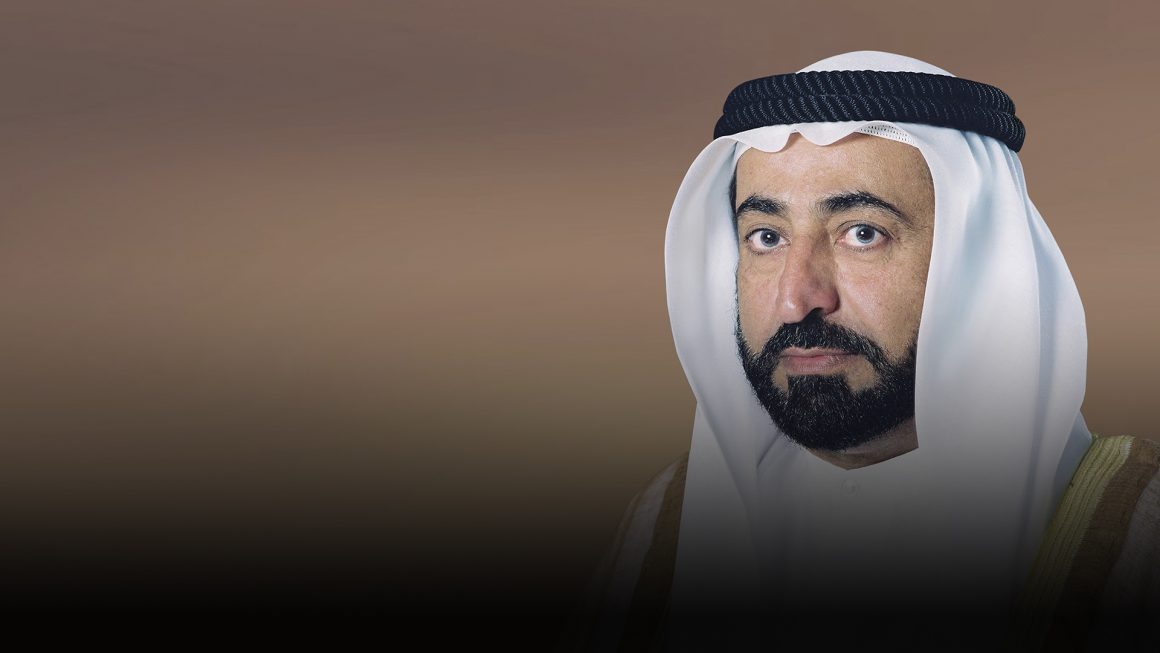Keen to provide a decent life for his people in the Emirate of Sharjah and the city of Kalba, His Highness Sheikh Dr. Sultan bin Muhammad Al Qasimi, Member of the Supreme Council and Ruler of Sharjah, directed the start of completing sewage network projects in Al Saf and Al Ghail neighborhoods in the Al Fareesh suburb, in the city of Kalba. The project comes as a continuation of the sanitation projects carried out by the Department of Public Works within the main strategic sanitation system in Sharjah and the sanitation plan in the city of Kalba.
Engineer Ali bin Shaheen Al Suwaidi, Member of the Executive Council and Head of the Sharjah Public Works Department, confirmed that thanks to the great support and permanent directives of His Highness Sheikh Dr. Sultan bin Muhammad Al Qasimi, and His Highness’s keenness to implement the different projects requested by Services and Facilities, His Highness directed the completion of the sewerage project in the Al Fareesh suburb, represented by Al Ghail and Al Saf neighborhoods, which comes as a continuation of the sewerage projects previously completed by the department in the city of Kalba in the areas of Block 16, Block 19 (Al Saf 8), Al Qalaa, Khor Kalba, Al Bardi, Al Oud, Al Qadisiyah, Sidra, Hittin, Al Khuwair, and Al Saf residential complex, in addition to the treatment plant that has a capacity of 3,700 cubic litres per day.
Engineer Ali bin Shaheen Al Suwaidi stressed that the projects for the city contribute significantly to preserving the environment, public health and safety, through integrated sewage networks, and also reduce the need for tanks, and thus contribute to the smooth flow of traffic, and strengthening the economy.
The project enhances infrastructure efforts and enhances the quality of life, and aims to strengthen the city’s infrastructure and improve health services for its citizens and residents. This project is expected to contribute to improving environmental quality, pointing to the importance of investing in health infrastructure to achieve sustainable development and accelerate economic growth by creating an attractive environment by strengthening the service infrastructure network, in accordance with the highest standards of security and safety.
Sanitation projects contribute to improving public health and preserving the environment and the surrounding ecosystem, including groundwater, water bodies and soil. They also contribute to supporting sustainable development, reducing environmental disasters, enhancing tourism and investment attraction, and providing a clean and healthy environment that is more attractive to tourists and investors, which enhances economic activity and contributes to achieving sustainable development. Thus, building healthy and sustainable societies, is also considered a vital investment in the future of humanity and the environment.

